Summer solstice 2015: When is the longest day of the year and what is its significance?
Everything you need to know about the summer solstice and how to celebrate it this Sunday
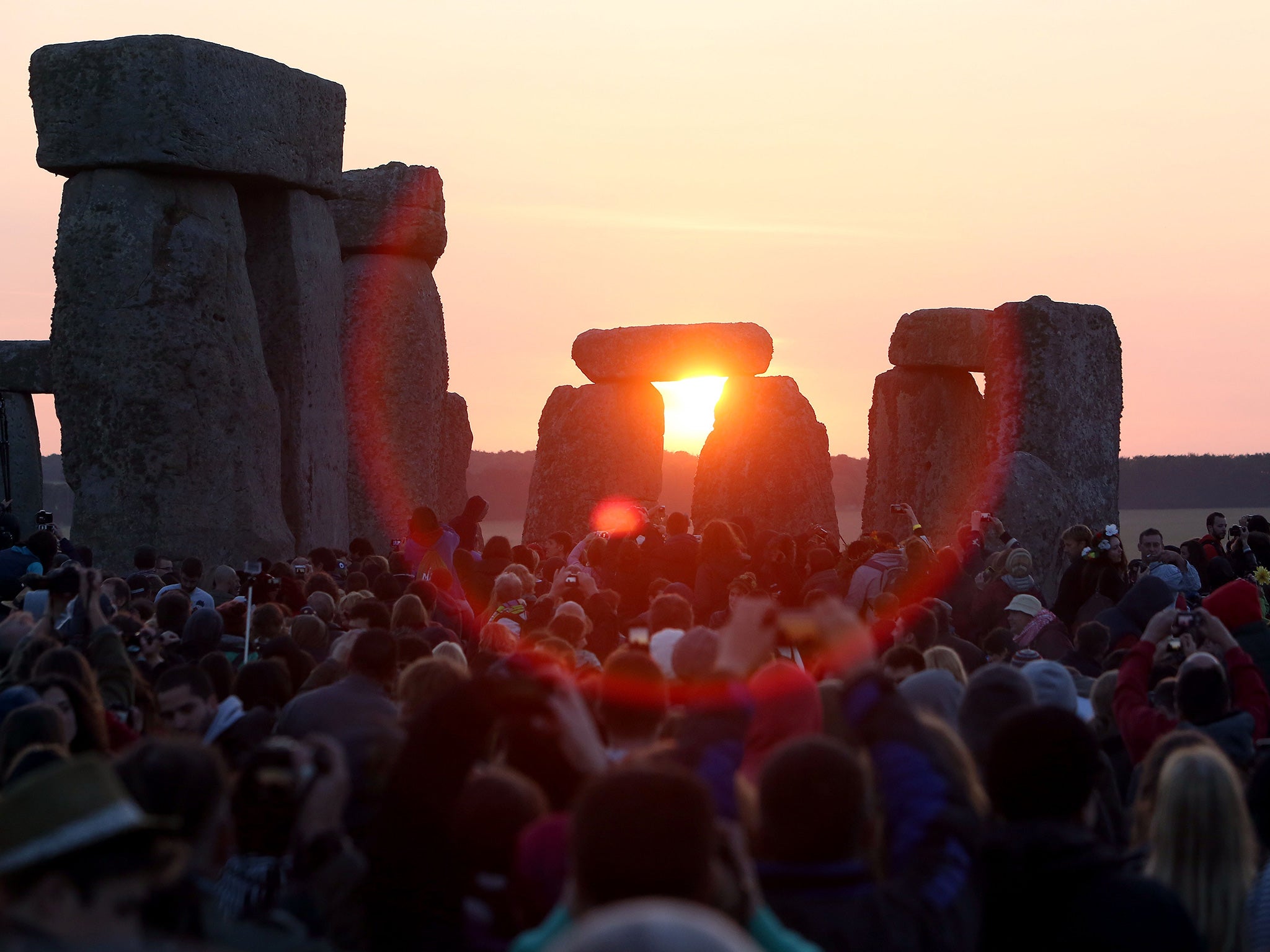
Your support helps us to tell the story
From reproductive rights to climate change to Big Tech, The Independent is on the ground when the story is developing. Whether it's investigating the financials of Elon Musk's pro-Trump PAC or producing our latest documentary, 'The A Word', which shines a light on the American women fighting for reproductive rights, we know how important it is to parse out the facts from the messaging.
At such a critical moment in US history, we need reporters on the ground. Your donation allows us to keep sending journalists to speak to both sides of the story.
The Independent is trusted by Americans across the entire political spectrum. And unlike many other quality news outlets, we choose not to lock Americans out of our reporting and analysis with paywalls. We believe quality journalism should be available to everyone, paid for by those who can afford it.
Your support makes all the difference.What is it?
The summer solstice is the longest day of the year. It’s the day when there are the most hours of sunlight.
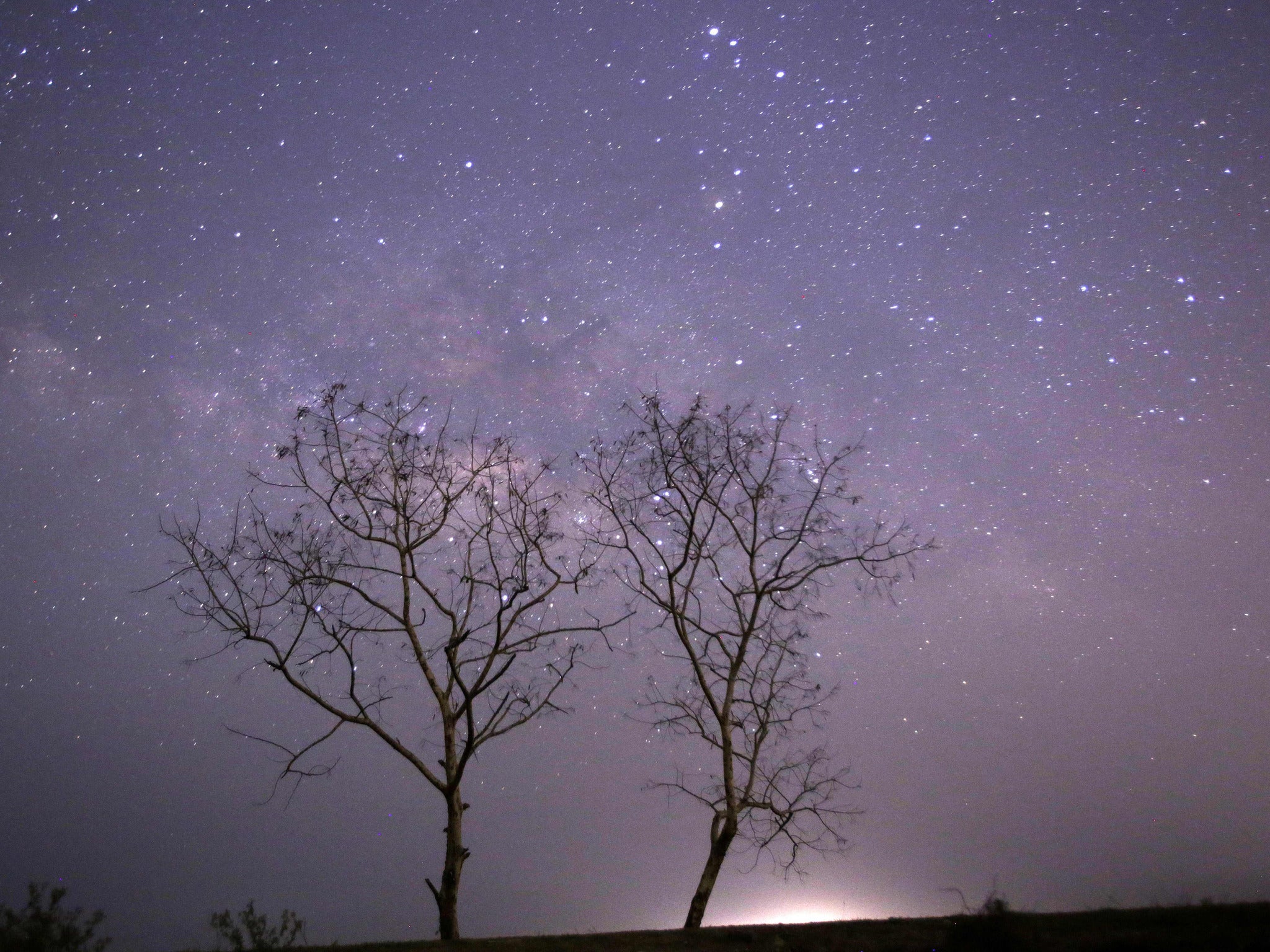
The name comes from the Latin solstitium meaning ‘sun stands still’.
It happens because the sun heading north, stops at the Tropic of Cancer before returning Southwards.
When is it?
It can fall on different dates depending from year to year, either 20th, 21st or 22nd June.
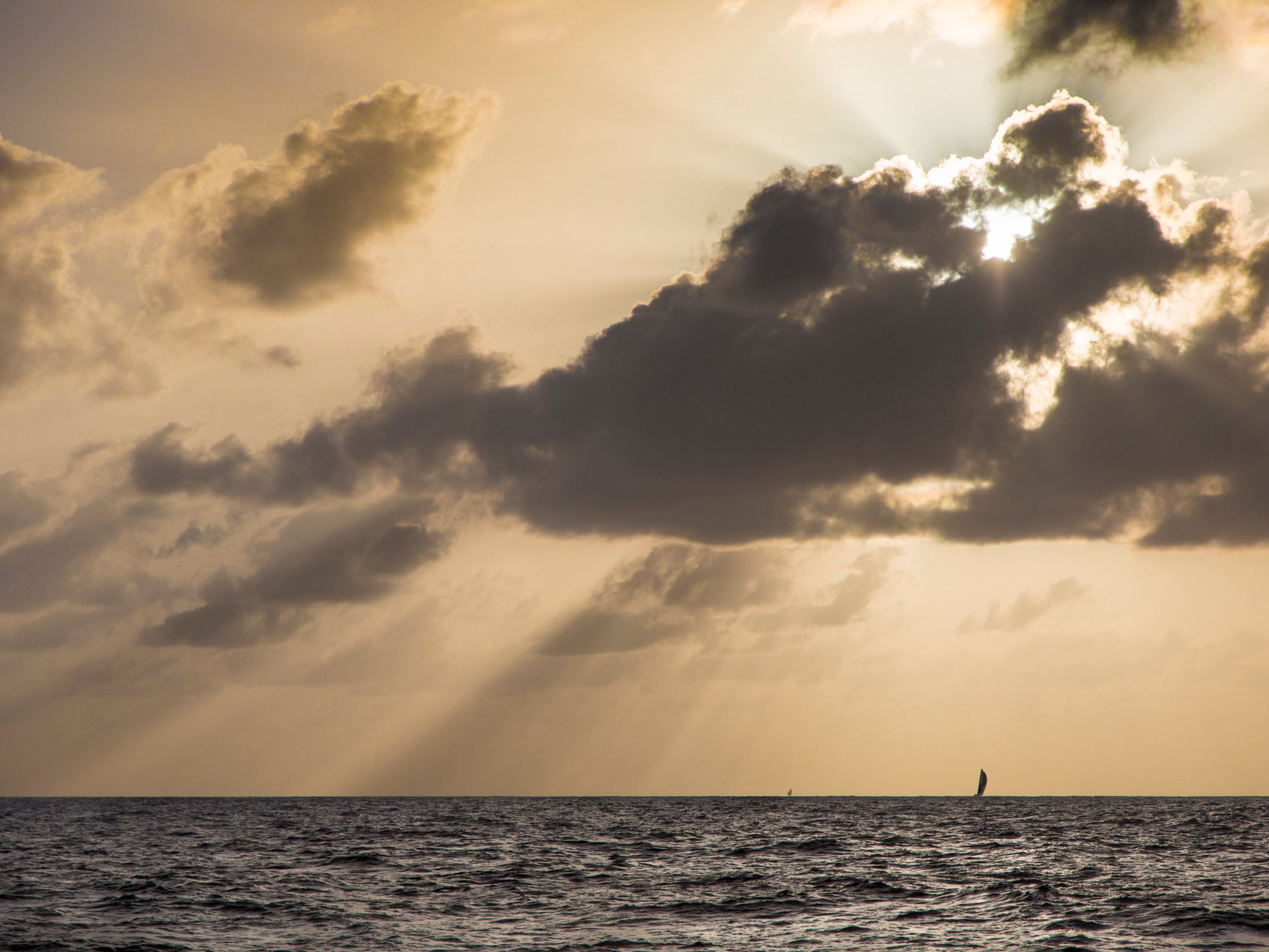
This year it’s taking place on Sunday 21st June.
The sun is expected to rise at 4:25am.
Weather forecasters are predicting a warm weekend with temperature highs of 24C.
Why is it significant?
The summer solstice is a special day for many as it means the start of the summer.
It has links to many ancient cultural practices as different cultures have celebrated it being symbolic of renewal, fertility and harvest.
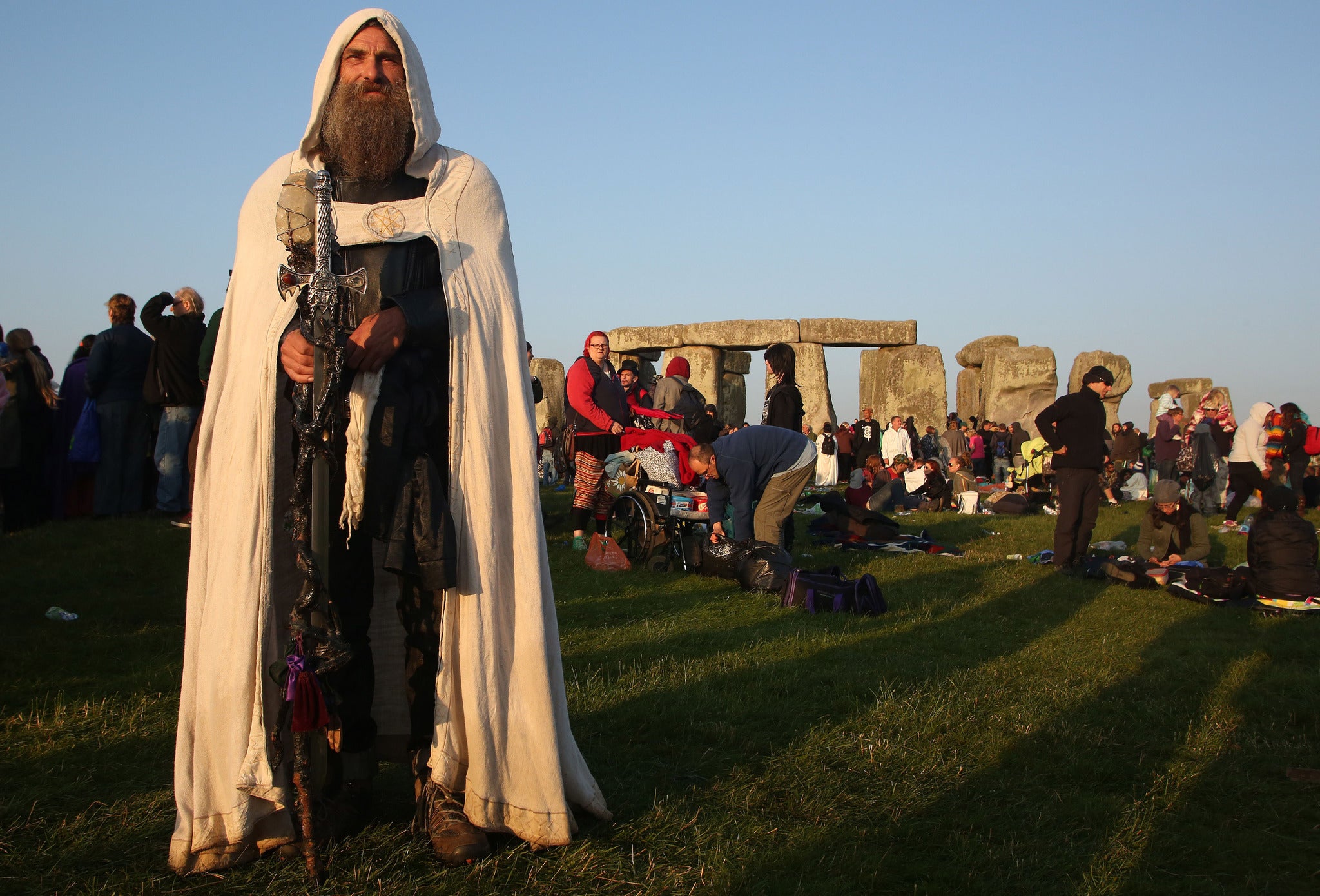
How to celebrate it?
Every year, hundreds of pagans and non-pagans congregate at Stonehenge to see the sun rise in the morning and welcome in the summer.
Some pagans and druids perform a fire ritual to celebrate the occasion. This involves people with unlit candles forming a circle around a large lit central candle and lighting theirs off it one at a time.
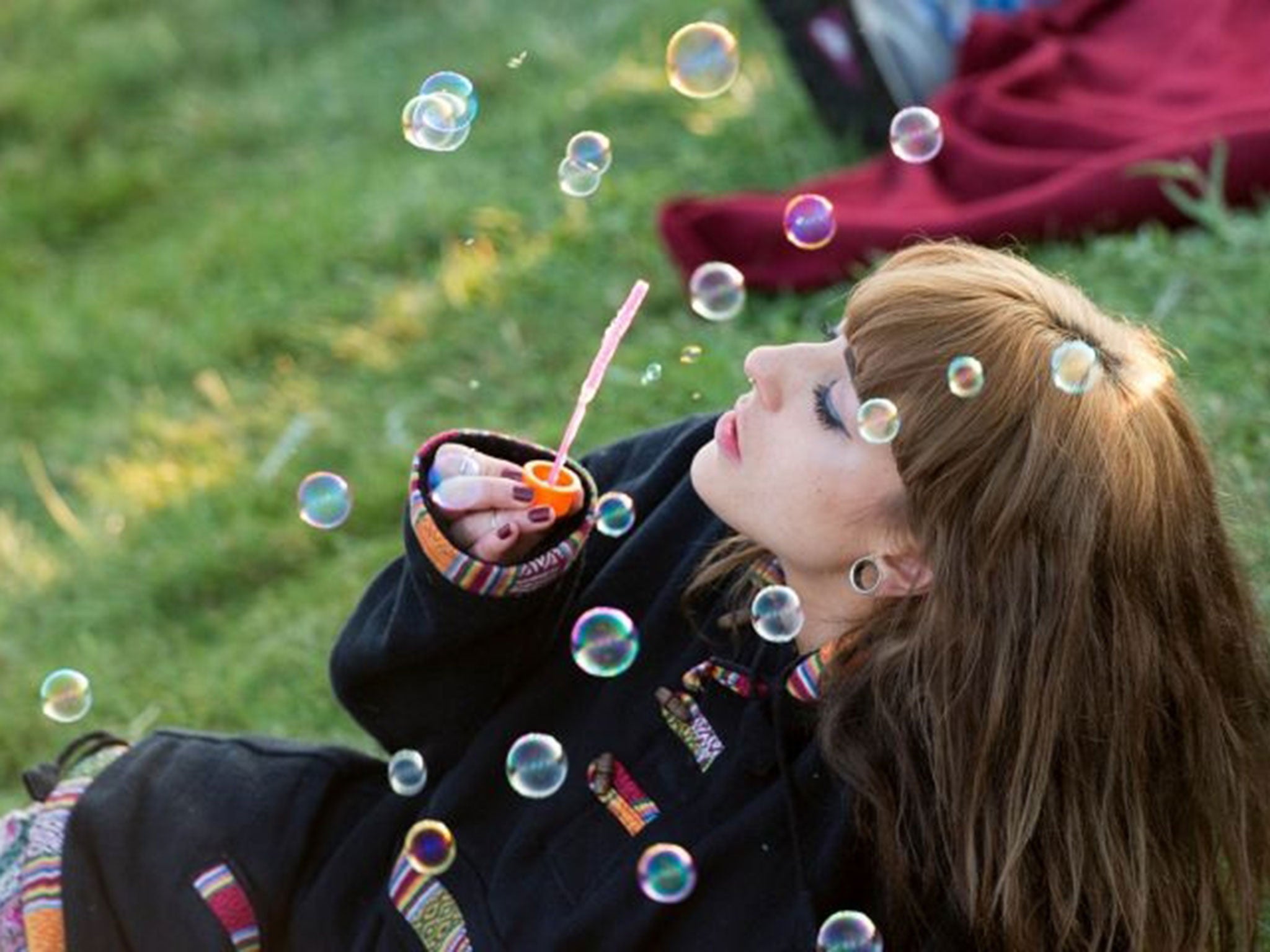
In Sweden, it’s traditional to eat your way through the entire day. Feasts typically involve lots of potatoes and herring.
Some also the day as the Festival of Li, the Chinese Goddess of Light.
Join our commenting forum
Join thought-provoking conversations, follow other Independent readers and see their replies
Comments